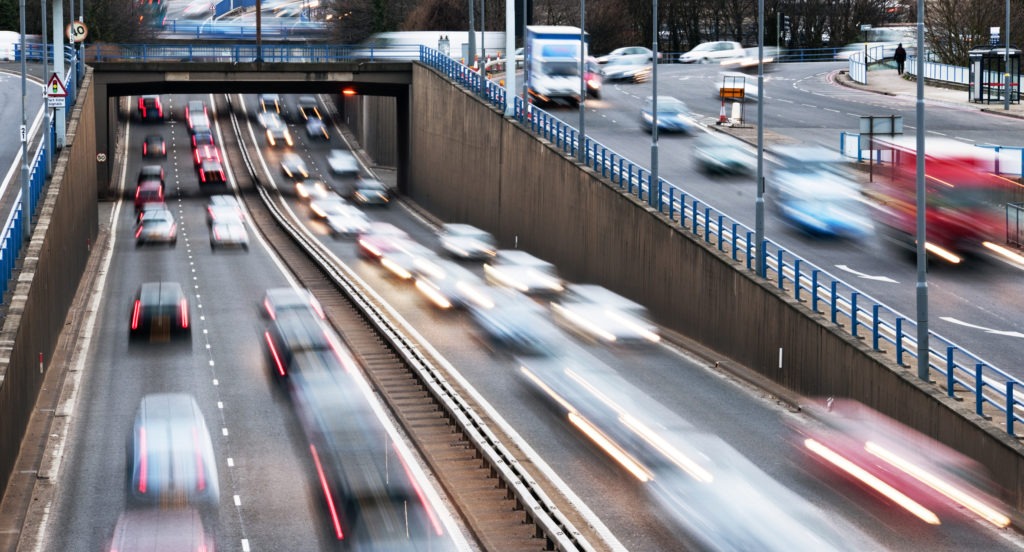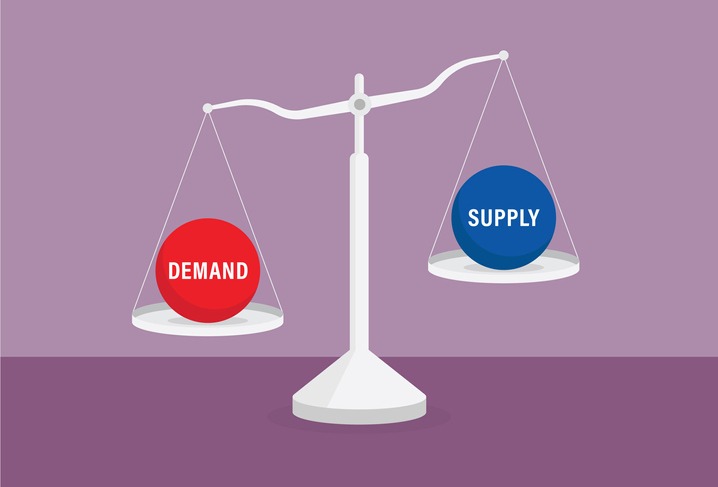Citroën to invest in island-based electrically-chargeable vehicle testing
08 November 2021

French carmaker Citroën is to invest in the Greek island of Chalki, helping to transform the landmass into an area focused on sustainability.
Chalki is a ‘green laboratory’ in Europe, with several partners using the location to develop climate-friendly energy transitions. As a result, the island will be run on a green economy, with the Greek government keen to make electrification of the region beneficial to all residents and businesses.
Citroën is the latest carmaker to get involved with a real-world testing scenario. Both Volkswagen (VW) Group and Toyota are investing in similar projects, as carmakers look to gather as much information as possible when it comes to green mobility.
Fleet update
Together with partners, such as Syngelidis Group, Vinci and Akuo Greece, Citroën is pushing electric technology that will make life more sustainable on Chalki. The carmaker wants residents and public authorities to take full advantage of electrically-chargeable vehicles (EVs) which it will make available. This includes a fleet of six battery-electric vehicles (BEVs) provided to public authorities.
Two of the company’s smaller Ami models will be given to the police and coast guard authorities, respectively. Two new ë-C4 and one ë-Spacetourer will go to the municipality of Chalki, and one ë-Dispatch to the energy community of the island.
‘We are happy to collaborate with the island of Chalki on this exceptional project. This collaboration is completely in keeping with the spirit of Citroën. We are committed to making electrification available to everyone, and we believe that this is a source of progress within the society. We are very proud to contribute to the transformation of Chalki into an island which will be autonomous, smart and sustainable,’ stated Vincent Cobée, CEO of Citroën.
Life improvement
Citroën is also focusing on local residents, ensuring they can take up the benefits of electromobility. Together with Syngelidis Group, the carmaker has set up several initiatives to use Chalki as an example of what can be achieved around the world.
There is an important move towards electrifying the parc present on the island, and the objective is to replace all old vehicles with EVs. Through a comprehensive development plan for smart and climate-neutral mobility, Citroën will provide the opportunity to residents and businesses to acquire BEVs: from light quadricycle to passenger and commercial vehicles, through a wide range of green and smart mobility options. This includes free of charge use of all innovative technologies and connected applications, which they incorporate.
The carmaker hopes that people on the island will gain a significant improvement in their daily lives with less noise, better air quality, a cleaner environment, and lower fuel costs.
‘This project will change the lives of a few for now, but this is just the beginning. By helping Chalki become a green economy focused on sustainability, Citroën is paving the way for the future and showing that electrification is the way forward,’ added Cobée.
Real-world experimentation
Citroen is not the only carmaker experimenting with technology by using a real-world economy to further its understanding.
Last year, the VW Group and the Greek government agreed to establish a new mobility system on the island of Astypalea. The transport system will transition to electric vehicles and renewable power generation, meaning the region will ultimately become a model island for climate-neutral mobility.
This project will run for six years and includes an all-electric, year-round ridesharing service designed to complement the minimal local bus service. Together with local partners, part of the traditional vehicle-rental business will be transformed into a vehicle-sharing service, offering e-scooters from VW’s SEAT brand and e-bikes in addition to electric cars. In total, some 1,000 electric vehicles will replace about 1,500 cars with combustion engines.
Meanwhile, Toyota is building a metropolitan smart city, which will use electromobility and hydrogen to allow residents to live with little-to-no impact on the environment. The project will be a living laboratory to help develop new technologies, such as autonomous solutions to everyday-life problems.
These three projects take development out of the test facility and aim to prove that making changes to society through new mobility technologies can help towards reversing the current climate emergency. Such projects also allow carmakers to gather real-world data and find out how the public adapts to green-mobility solutions.



